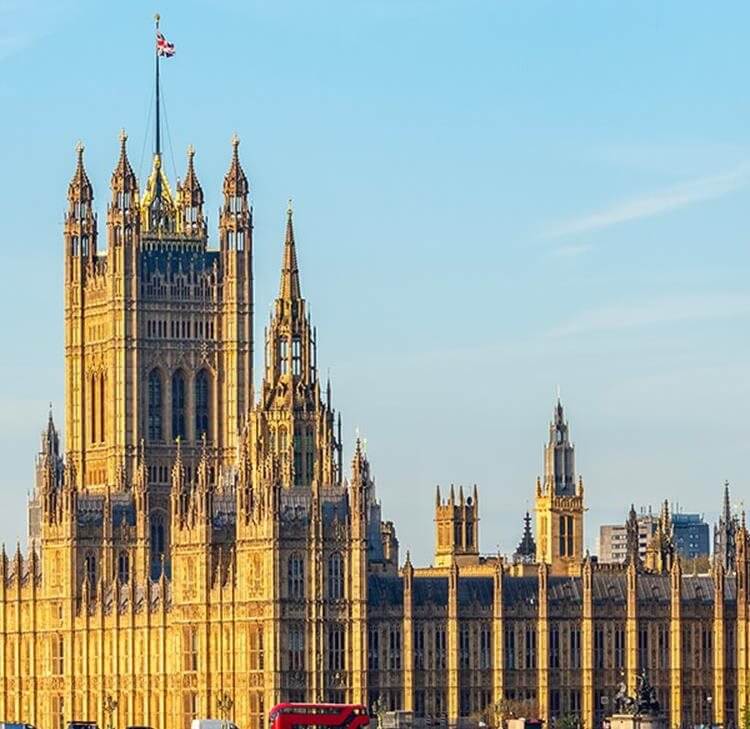Developers: disregard restrictive covenants at your peril
The Supreme Court has decided a significant appeal on the Upper Tribunal’s power to discharge or modify restrictive covenants pursuant to section 84(1) of the Law of Property Act (“1925 Act”).
The Supreme Court has decided a significant appeal on the Upper Tribunal’s power to discharge or modify restrictive covenants pursuant to section 84(1) of the Law of Property Act (“1925 Act”).
In this case, a developer constructed a social housing development. Some of the units were built on land burdened by restrictive covenants. These covenants prohibited building on the land and restricted use of the land for car parking only.
Following completion of the development, the developer applied to the Upper Tribunal to modify the restrictive covenants on the ground that they impeded a reasonable use of the land and, in doing so, were contrary to the public interest.
The application was allowed by the Tribunal but overturned by the Court of Appeal and the Supreme Court has unanimously dismissed the developer’s appeal. It ruled that the Tribunal had failed to take into consideration both that the developer could have built on the part of the site that was not burdened by the restrictive covenants and that a developer should not be rewarded for, in effect, deliberately and cynically presenting the Tribunal with a fait accompli.
This case acts as a clear warning to developers of the risks involved in carrying out a development in breach of restrictive covenants even where there is no objection to a planning application. Where an application needs to be made to modify or discharge restrictive covenants under section 84(1) of the 1925 Act, developers should apply to the Upper Tribunal prior to commencing development.









































